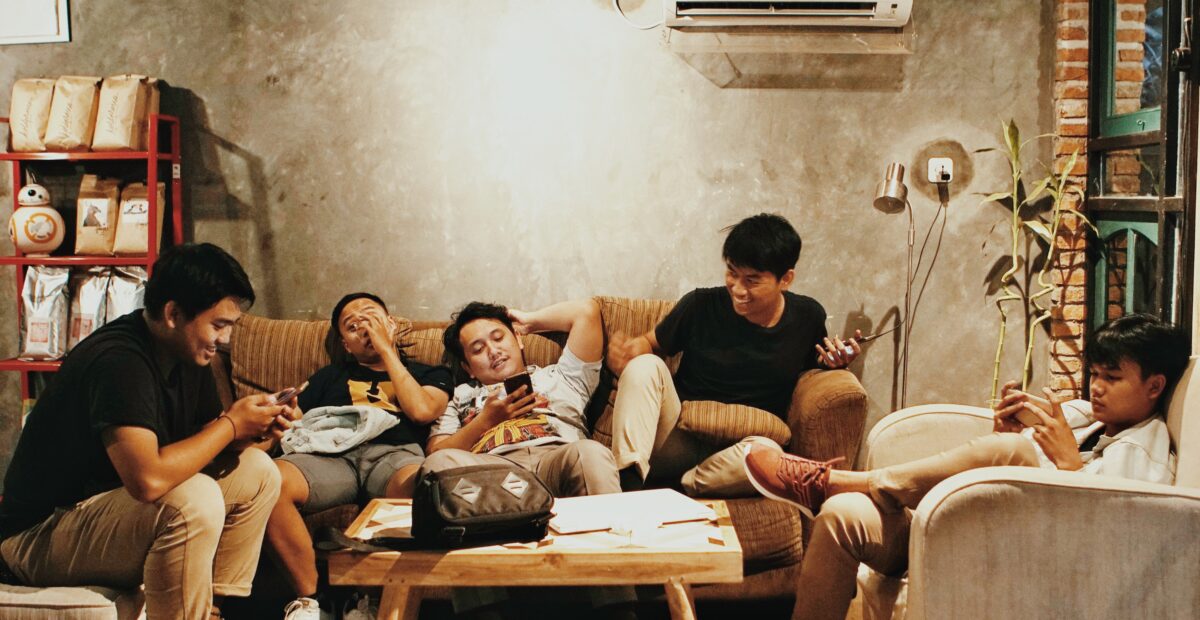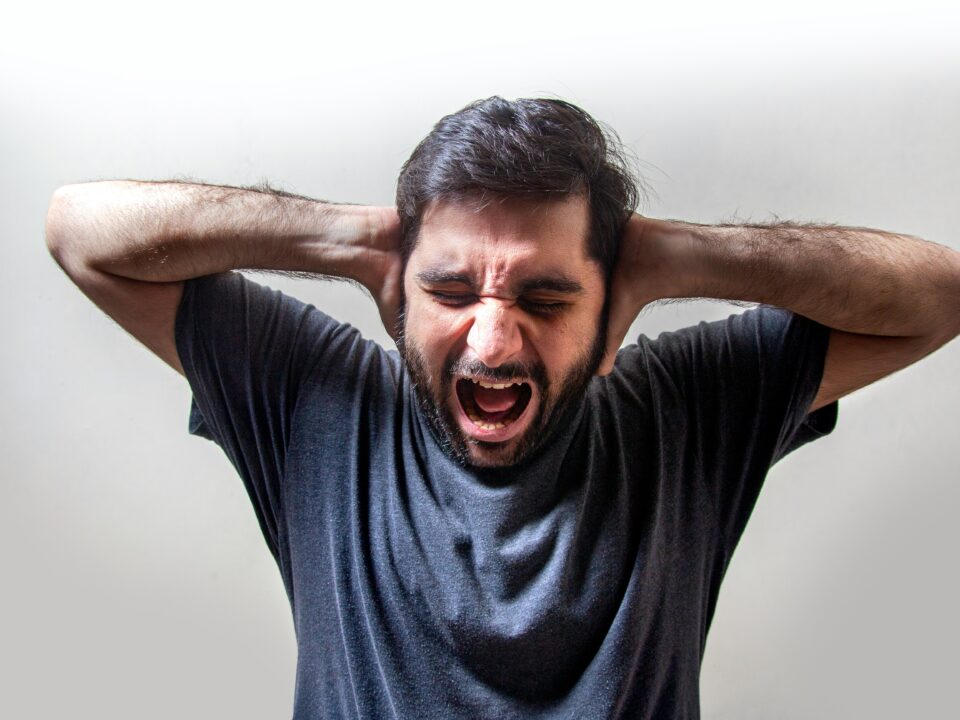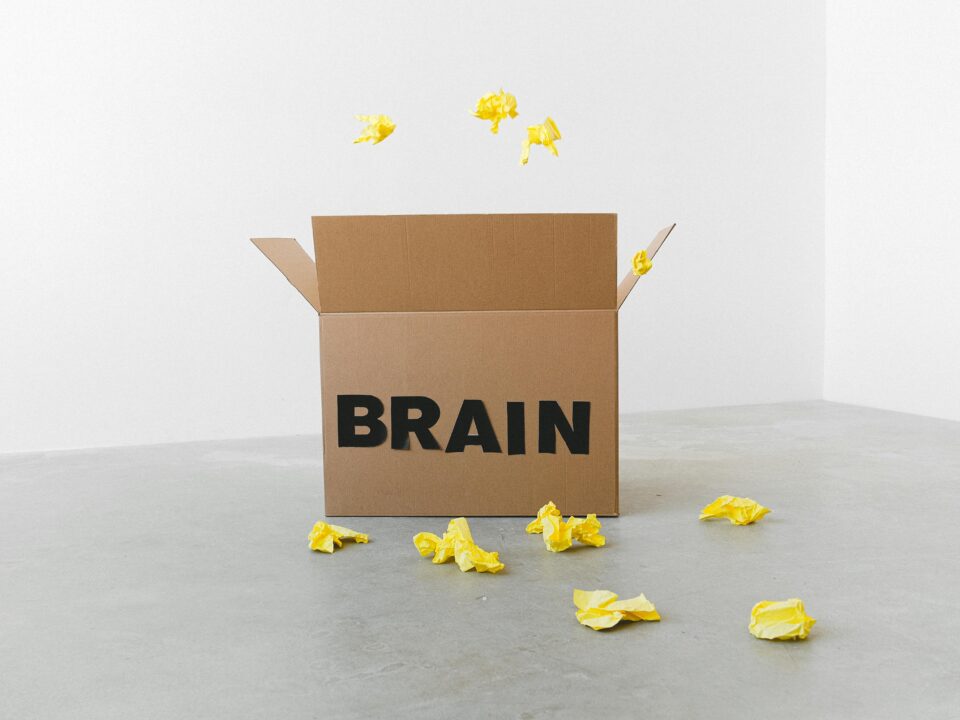What Are the Differences Between Social Anxiety & Autism?

Featured image by Afta Putta Gunawan, Pexels
People with autism can also have social anxiety. Although social anxiety and autism are similar, there are also some differences. Find out more about what social anxiety and autism are, their similarities and differences and how to tell is someone has social anxiety or autism.
What is social anxiety and what are the symptoms?

Image by Pavel Danilyuk, Pexels
Social anxiety, also known as social anxiety disorder or social phobia, is a long-term and overwhelming fear of social situations.
Symptoms of social anxiety are as follows:
- Worrying about everyday activities, such as meeting strangers and starting conversations.
- Avoiding or worrying about social activities, such as eating with company and parties.
- Always worrying about doing something that is thought to be embarrassing, such as sweating or appearing incompetent.
- Difficulty doing things when others are watching.
- A fear of being criticised.
- Avoiding eye contact.
- Having low self-esteem.
- Symptoms such as nausea, trembling or heart palpitations (like generalised anxiety disorder).
- Panic attacks that only last a few minutes.
What is autism and what are the symptoms?

Image by Jessica Lewis Creative, Pexels
Autism is a lifelong developmental disability that affects how people perceive the world around them and interact with others.
Symptoms of autism are as follows:
- Difficulty understanding what others are thinking or feeling.
- Anxiety about social situations.
- Finding it hard to make friends or preferring to be alone.
- Seeming blunt, rude, or not interested in others without meaning to.
- Difficulty with expressing how one feels.
- Taking expressions very literally, for example “pulling my leg.”
- Not understanding sarcasm.
- Having the same routine daily and getting upset if it changes.
- Not understanding social rules.
- Avoiding eye contact.
- Getting too close to someone without realising.
- Becoming upset when someone gets too close to them.
Similarities between social anxiety and autism

Image by Alex Green, Pexels
Some similarities between social anxiety and autism are their roots, i.e., how they are believed to be caused. There is debatable research that suggests both are triggered by a combination of biological and environmental influences. Both also seem hereditary.
Both social anxiety and autism are hidden conditions. This means that nobody can tell if someone has either just by looking at them.
People with either social anxiety or autism can avoid certain situations, such as maintaining eye contact, dating, and entering a room where people are already seated.
The similarities between social anxiety and autism can lead to someone being misdiagnosed with the former when they have the latter, and vice versa
Differences between social anxiety and autism

Image by Tara Winstead, Pexels
The main difference between social anxiety and autism is that the former is a mental health condition, whereas the latter is a neurodevelopmental, or neurodiverse, condition.
While people with autism can experience sensory issues in social situations, those with social anxiety can withdraw from these situations in fear of being judged.
People with autism can struggle to guess what others are thinking, whereas those with social anxiety may experience cognitive distortions in social situations.
Although people with autism may not possess the required social skills for a social situation, those with social anxiety may possess them but be too scared to use them.
How to tell whether someone has social anxiety or autism

Image by Timur Weber, Pexels
Even though social anxiety or autism can be misdiagnosed, the best way to tell which one someone has is through a formal diagnosis from a healthcare professional, such as a psychologist or a neurologist.
The healthcare professional will use a diagnostic manual, such as ICD-11 in the United Kingdom, to diagnose social anxiety or autism.
During the screening, the healthcare professional will ask questions such as, “How do you feel in social situations?”
Richelle Whittaker (PhD) says that one of the best ways to tell if someone has social anxiety or autism is to take stock of how they respond to invitations to social gatherings. If the person avoids social interaction or gatherings altogether, they are more likely to have social anxiety. If the person attends the gathering but not be interactive and have one-sided conversations, they are more likely to have autism.
Additional Information
Please visit our website for more information on recruiting candidates with autism.
If you think you might be autistic, please take our online autism test. Please note that the test is not intended to diagnose autism. Only a qualified medical professional can make a formal diagnosis.




